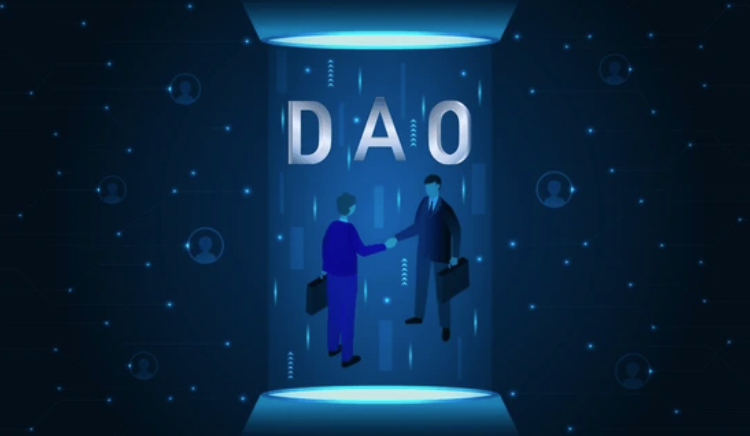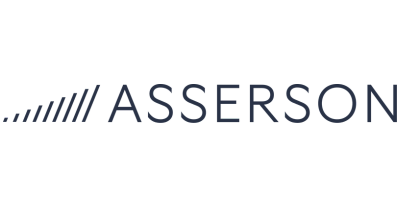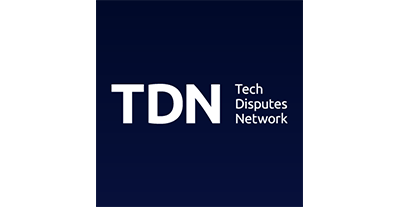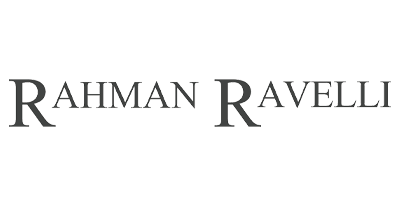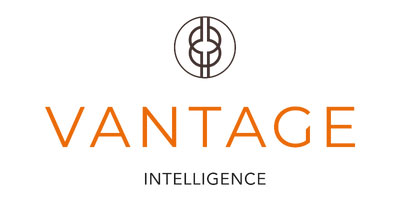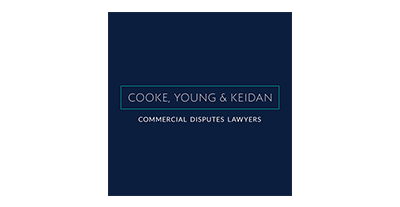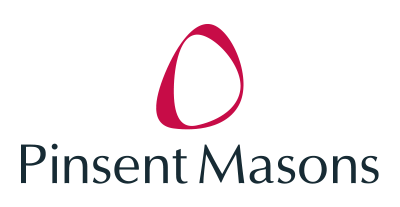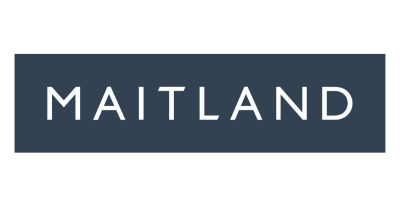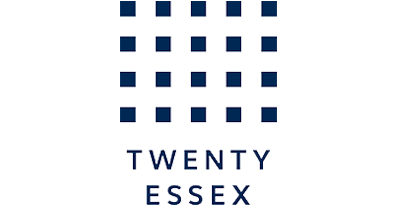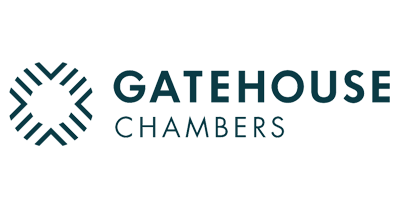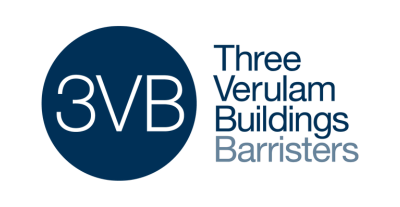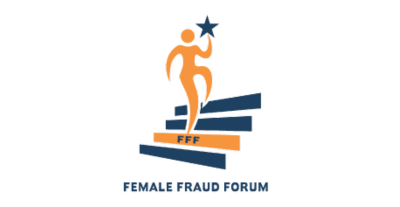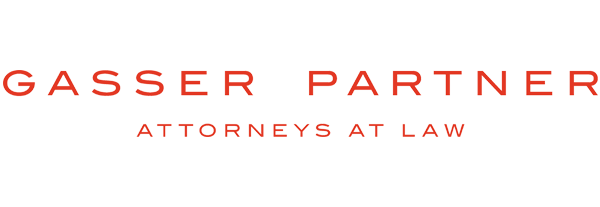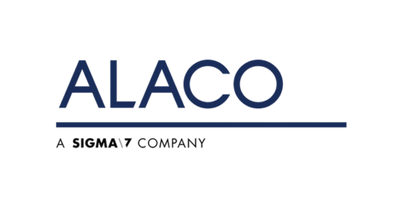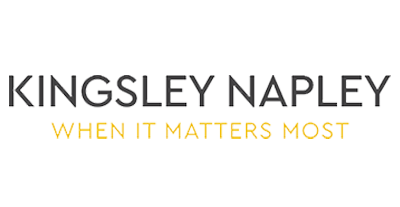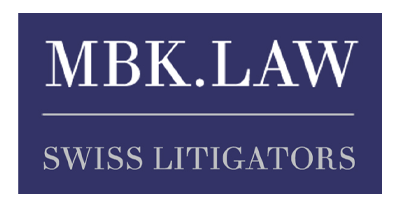Knowledge Hub
Join the Conversation!
Impartial and independent, ThoughtLeaders4 FIRE Knowledge Hub hosts cutting edge industry content and insight.
Email maddi@thoughtleaders4.com to submit content.
Litigation Against Decentralized Autonomous Organizations (DAOs): Navigating the Legal Frontier
Date: 04/10/2024 Type: Articles Topic: Disputes | Shareholder Diputes | Digital Dispute Resolution | Libor | In-House | Crypto | International Arbitration | Litigation Funding | Future of Dispute Resolution | Witness Familiarisation | ESG |The rise of decentralized autonomous organizations (DAOs) represents a significant evolution in how organizations can be structured and operated. DAOs leverage blockchain technology to enable decentralized decision-making, often without a central authority. While this innovation brings numerous advantages, it also presents unique legal challenges, particularly in respect to litigation.
This article explores the complexities of litigating against DAOs, focusing on jurisdictional issues, the identification of responsible parties, and the applicability of traditional legal principles.
Of course, many additional issues arise in the context of DAOs, such as the assessment of DAOs for tax purposes and applicability of financial and other regulations, or how a DAO might be subject to insolvency proceedings or wound up, however, given the limited space available here, such considerations are outside the scope of this article.
For a deeper dive into the current state of DAOs, at least from an English law perspective, we recommend reading Decentralized Autonomous Organizations (DAOs): A Scope Paper, published by the Law Commission in July 2024.
Understanding DAOs
DAOs are structures which facilitate individuals coming together with a view to realising a common interest or goal, whether commercial or otherwise. The DAO itself is governed by smart contracts—self-executing contracts with the terms of the agreement directly written into code. These smart contracts are deployed on blockchain platforms, such as Ethereum, and operate autonomously once launched. Decisions within a DAO are typically made through a voting process, where token holders vote on proposals and/or have governance rights.
Jurisdictional Challenges
One of the most significant hurdles in litigating against DAOs is determining the appropriate jurisdiction. DAOs, by design, are borderless entities that exist on the internet/decentralised blockchain. Traditional notions of jurisdiction are based on physical presence or the location of business operations, both of which are ambiguous in the context of DAOs.
Courts may need to develop new criteria for establishing jurisdiction over DAOs. Potential approaches could include the location of DAO developers, the physical location of servers hosting the blockchain, or the domicile of a significant number of DAO participants. However, each of these approaches has its limitations and complexities.
Where a DAO deals with the off-chain world, either through purporting to enter into contracts with third parties outside of the DAO or by holding real-world (off-chain) assets as well as assets held on-chain on other blockchains, it will not be able to "opt out" of the national and international laws which would otherwise apply to those contracts or assets.
As such, many DAO developers have accepted the inevitability of interacting with some national or international laws and have started to use existing legal forms, such a limited companies or foundations, to benefit from the separate legal personality and limited liability they afford. This process is sometimes called 'wrapping' the DAO and, increasingly, developers are 'wrapping' DAOs in offshore jurisdiction such as the British Virgin Islands, the Cayman Islands and Bermuda, where there are also tax, strong governance and robust legal benefits.
Identifying Responsible Parties
Another major issue is identifying who can be held accountable in a DAO. Traditional corporations have clear leadership structures with identified directors and officers. In contrast, DAOs lack a centralized leadership, and decision-making is distributed among token holders. This raises questions about who bears liability for the actions of the DAO.
Several possibilities exist for determining liability:
- The wrapper: As set out above, if a legal personality is used to 'wrap' the DAO, then the relevant company, foundation, partnership etc, would be the obvious party to look to first for liability. However, the precise nature of the wrapper and alleged dispute will have to be carefully considered in order to navigate potential issues of piercing any corporate veils to determine where liability may ultimately accrue.
- Developers and Creators: The individuals or entities that develop and deploy the DAO's smart contracts could be targeted for litigation. However, once the DAO is operational, developers often relinquish control, complicating this approach.
- Token Holders: In some cases, token holders who actively participate in the governance of the DAO might be held liable, especially if they vote for proposals that result in legal violations or breach. This raises concerns about the fairness and practicality of pursuing numerous, potentially anonymous individuals.
- Service Providers: Entities providing services to DAOs, such as exchanges or platforms hosting DAO tokens, might also face litigation, particularly if they facilitate activities that lead to legal disputes.
Service of Process on DAOs
Proper service of process and adequate notice to a DAO is not straightforward. Unless 'wrapped' or otherwise registered under relevant local company law, there is usually no physical location attached to a DAO, and it is even more difficult to find the domicile of an anonymous token holder. However, if it could be successfully argued that a DAO is akin to a partnership or an unincorporated association (UA), then under common law principles applicable to such partnerships and UAs, adequate service on any general partner or member may constitute service on the DAO. Therefore, even if the majority of the DAO’s native token holders (in this sense, the partners) remain anonymous, if the identity of one token holder is known, then proceedings may theoretically be initiated by effective service on that individual. In many cases, the founders of a DAO will continue to hold tokens, so they may be more readily identifiable than third party token holders.
Applicability of Traditional Legal Principles
Applying traditional legal principles to DAOs involves several challenges:
- Contract Law: Smart contracts, the foundation of DAOs, operate differently from traditional contracts. Issues such as enforcement, interpretation, and modification of smart contracts in the eyes of the law need to be addressed.
- Corporate Law: The principles governing corporate entities may not easily translate to DAOs. Concepts such as fiduciary duties, corporate governance, and shareholder rights may need to be reimagined or adapted.
- Regulatory Compliance: DAOs operating in regulated industries, such as finance or healthcare, must navigate a complex landscape of compliance requirements. Regulatory agencies might struggle to enforce laws against decentralized and pseudonymous entities.
Case Studies and Precedents
- The DAO Hack (2016): One of the first major incidents involving a DAO, where a vulnerability in The DAO's smart contract code was exploited, resulting in the theft of $50 million worth of Ether. This incident led to a hard fork of the Ethereum blockchain but also raised questions about liability and legal recourse.
- SEC v. The DAO (2017): The U.S. Securities and Exchange Commission (SEC) issued a report concluding that The DAO's tokens were securities and subject to federal securities laws. This case underscored the need for regulatory clarity and the applicability of securities laws to DAOs.
- CFTC v. Ooki DAO (2022): In this case, service of proceedings against the DAO made through the Ooki DAO online community forum was held to be sufficient and that Ooki DAO received actual notice of the litigation because the online forum was where the majority of members, owners or token holders congregate or operate.
- Sarcuni v. bZx DAO (2023): A Southern District of California federal district court held that DAOs may be deemed general partnerships if they meet the general legal criteria for such entities.
- Hector DAO (2024): Absent a head office or centralised control, where a DAO is subject to a court ordered receivership, for the purposes of Chapter 15 recognition, the main centre of interests will be the location of the receivers who were making decisions on the DAO's behalf. In this case, that was the British Virgin Islands. Chapter 15 recognition was sought to assist the receivership process generally and to protect it from interference by litigation filed against the DAO in New Jersey. The decision also positively resolved the question of whether a DAO can be a debtor under Chapter 15, and will likely form persuasive precedent for cases emerging in other common law jurisdictions like the Cayman Islands, Bermuda and the UK.
Future Directions and Legal Innovations
The legal landscape for DAOs is still evolving. Several potential developments could shape the future of litigation against DAOs:
- Legislative Action: Jurisdictions may enact specific laws or regulations addressing the unique nature of DAOs, providing clearer guidelines for their operation and legal accountability. As set out in the introduction to his article, we recommend reading Decentralized Autonomous Organizations (DAOs): A Scope Paper, published by the Law Commission in July 2024, for an indication of how DAOs may be treated under English law. As the English law in relation to DAOs develops, we would expect other English common law jurisdictions to adopt similar approaches where appropriate and where compatible with local jurisprudence.
- Legal Recognition: Some jurisdictions, such as Vermont, Wyoming and Tennessee in the United States, have begun to recognize DAOs as legal entities, offering a framework for their incorporation and governance. This recognition could simplify issues related to jurisdiction and liability. Where a DAO is 'wrapped' it will, subject to the nature of the wrapper, usually be recognised as a legal entity incorporated in the same jurisdiction as its wrapper.
- Technological Solutions: Advances in blockchain technology and smart contracts could enable built-in compliance mechanisms, dispute resolution systems, and more transparent governance models, reducing the likelihood of legal disputes.
Conclusion
Litigating against decentralized autonomous organizations presents novel challenges that test the boundaries of existing legal frameworks. As DAOs continue to proliferate and evolve, the legal community must adapt and innovate to address the complexities they introduce. Collaboration between technologists, legal experts, and regulators will be essential to develop a robust legal infrastructure that balances the benefits of decentralization with the need for accountability and legal certainty.
About the author
Daniel Hayward-Hughes is an English qualified solicitor advocate and is admitted to practice in the British Virgin Islands, the Cayman Islands, and Bermuda. He co-leads Walkers crypto disputes team in London.
Author
Daniel Hayward-Hughes (Senior Associate) - Walkers
Our FIRE Corporate Partners








